Mangaluru, Sep 1: Prime Minister Narendra Modi and Home Minister Rajnath Singh have reportedly responded positively to the long pending demand of people of Tulu Nadu to include Tulu language in the Eighth Schedule of the Indian Constitution.
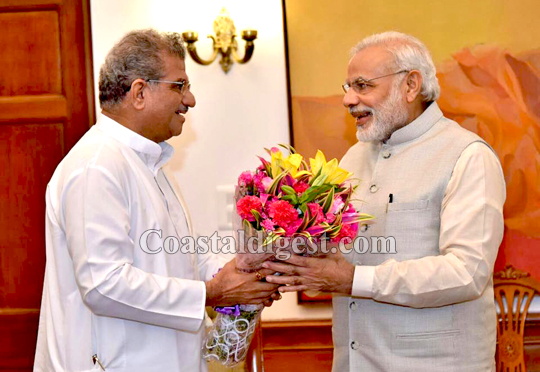
A high-powered delegation headed by D Veerendra Heggade, dharmadhikari, Sri Kshetra Dharmasthala called on the duo on Wednesday. The delegation pointed to the PM and home minister about the more than 2,800-year history of Tulu that belongs to the Dravidian family of languages.
In the oral discussions with the PM and Rajnath Singh, it was pointed that using techniques of Lexico-Statistics, scholars concluded that this language developed as an independent language since 8th century BC. Highly stylized classical literature has also developed in Tulu language.
However, with all efforts, Tulu has not been included in the Eighth Schedule which currently contains list of 22 scheduled languages, out of which 18 belong to other parts of India.
The remaining four languages namely, Malayalam, Tamil, Telugu and Kannada belong to South India. Inclusion of Tulu language in the Eighth Schedule is a long pending demand of Tulvas, the delegation stated hoping the duo will do justice for this language. Recently, Tulu Wikipedia has been activated where more than 1500 scholarly articles uploaded. The delegation also handed over a detailed memorandum in this regard with all relevant supporting.
Though Tulu is one of the five Dravidian languages, unlike other Dravidian languages its speakers do not have a separate state. Tulu people have been living harmoniously with others over the years yet they have shown their individuality and uniqueness in culture and literature.
Tulu speakers have always left a distinct mark in whatever sphere they have been in. Janaki Brahmavara, president of Karnataka Tulu Sahitya Academy was part of the delegation.
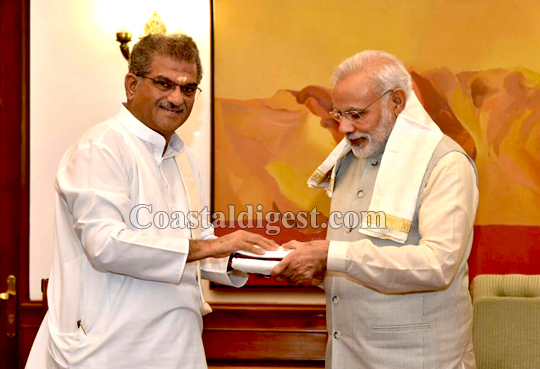
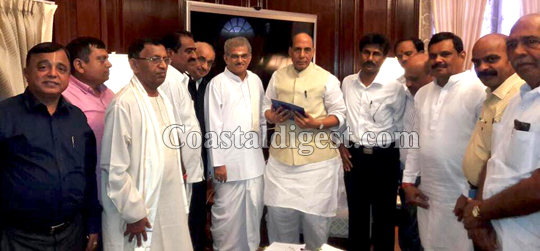
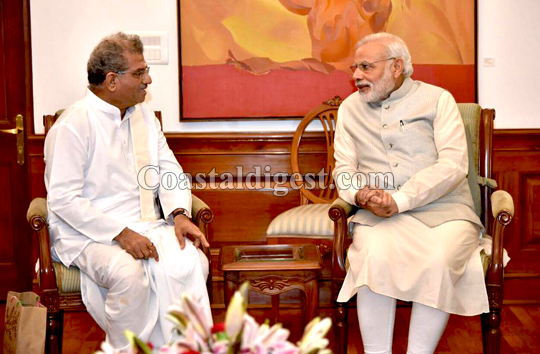
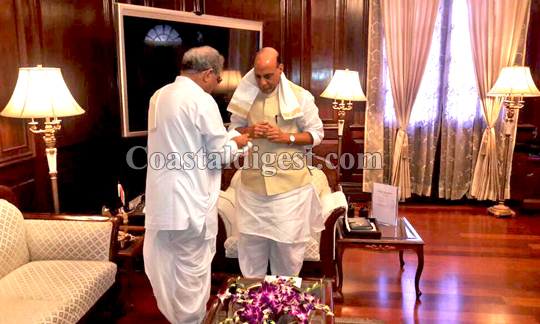




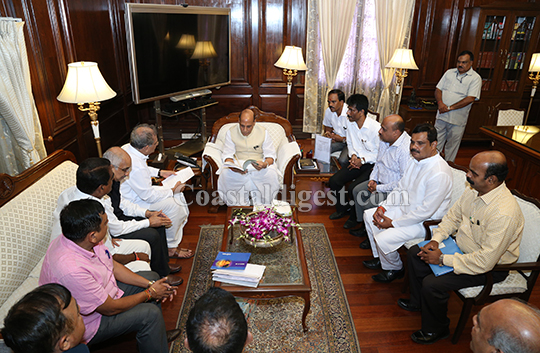
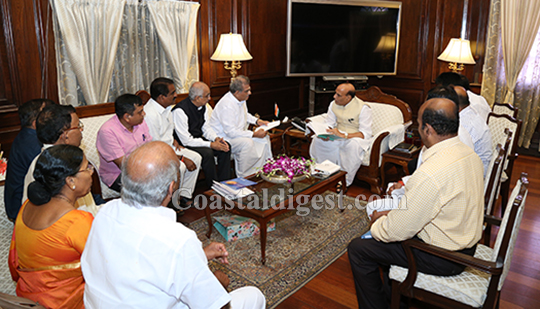


Comments
Another Jumla... lol
What is the need for it...
People are dying in the shoulders of their fathers.
Y cant this HI Fi show-offs request demand for improvement of hospitals and other areas which are still backward?
Add new comment